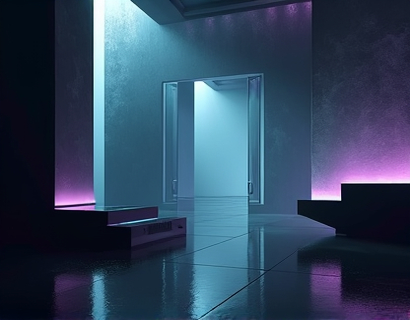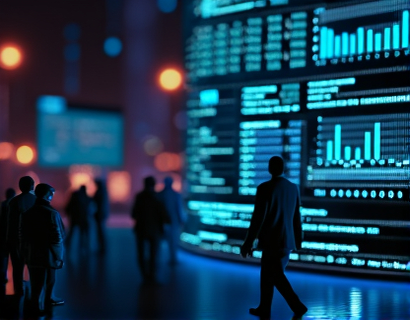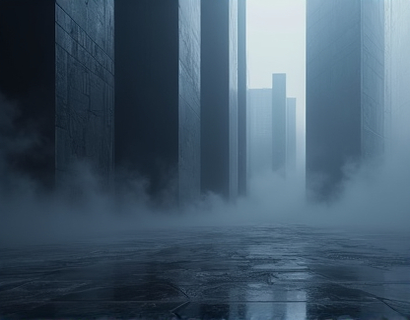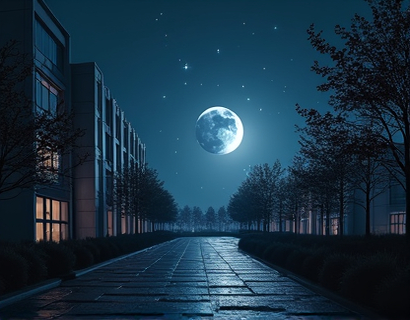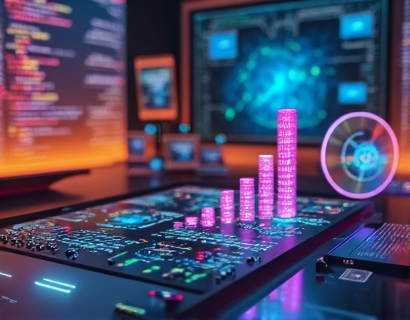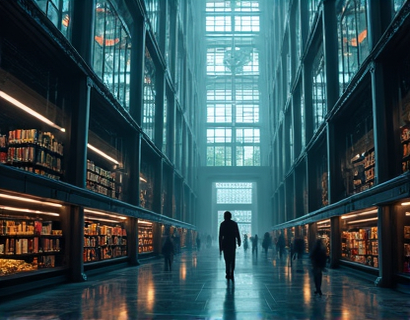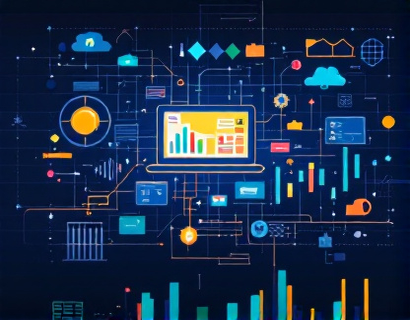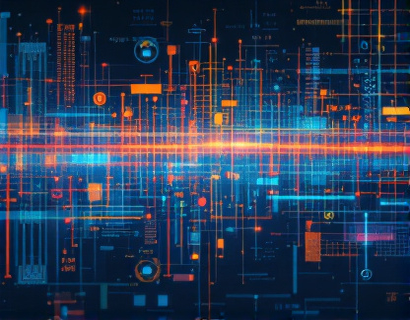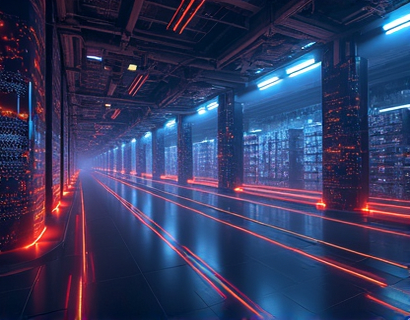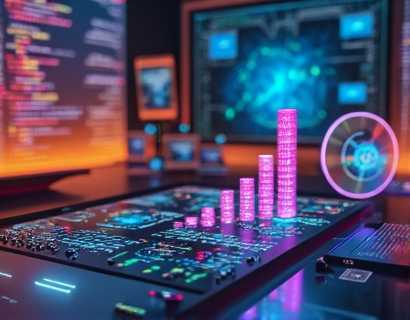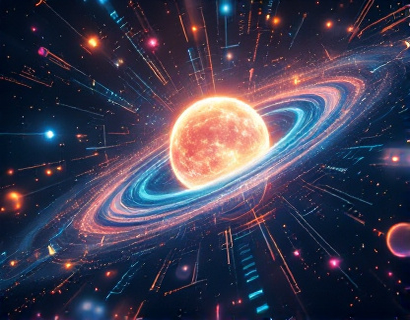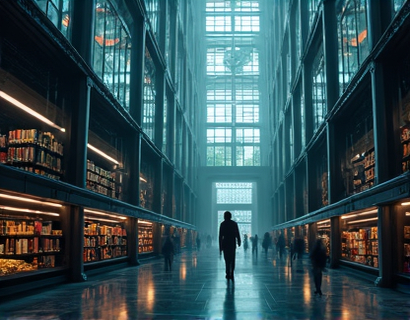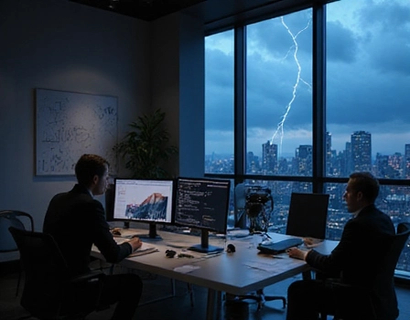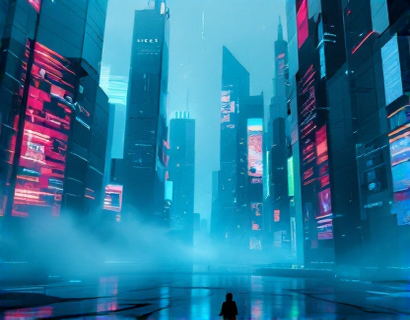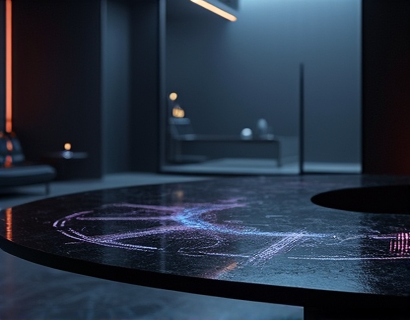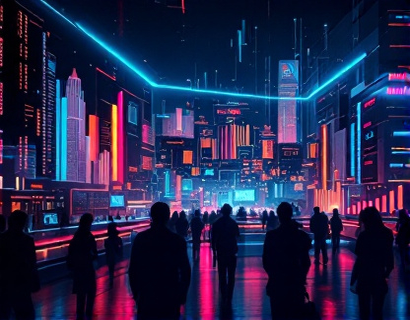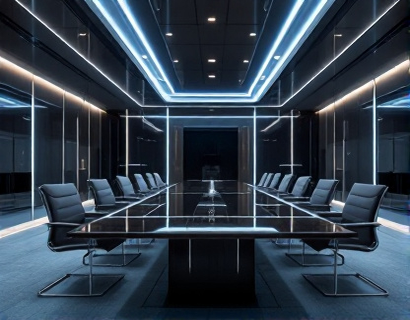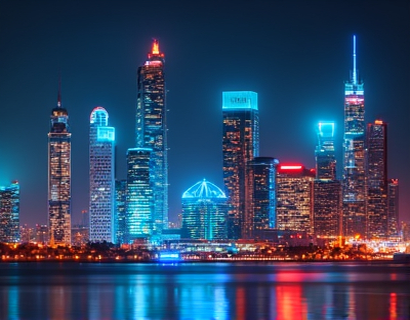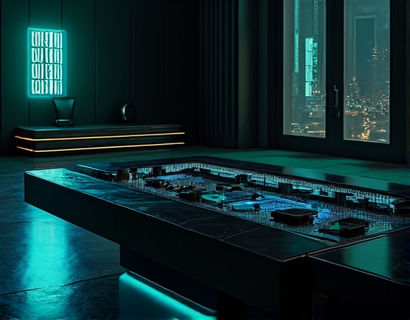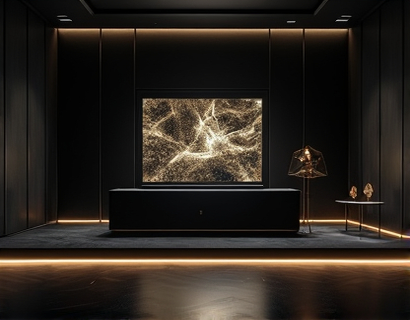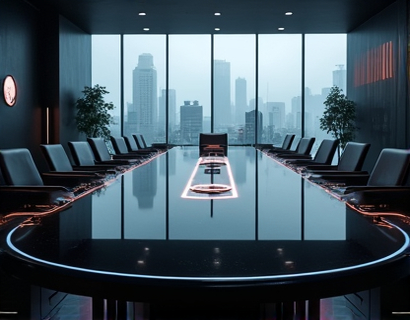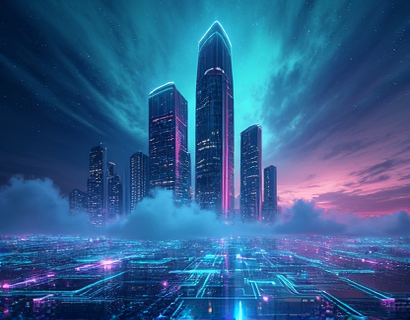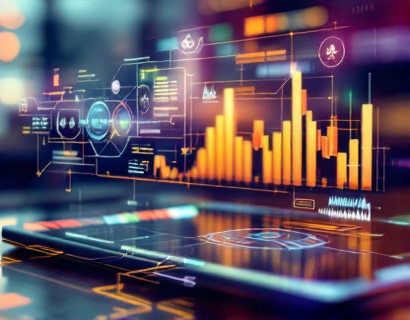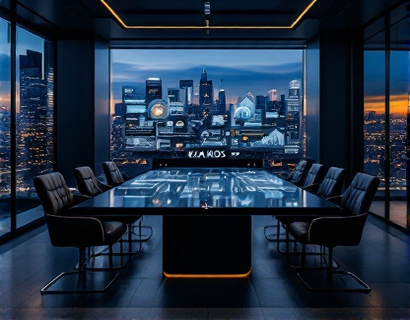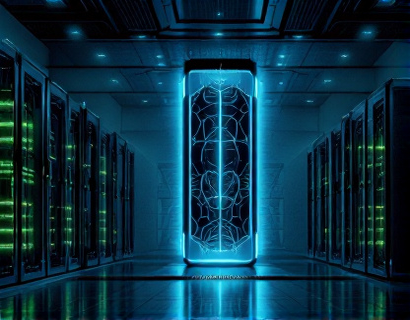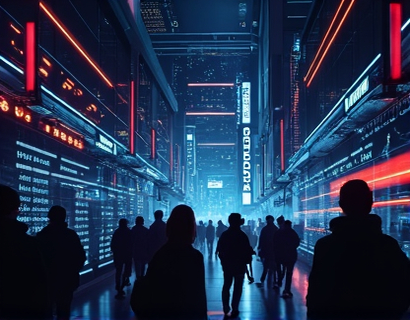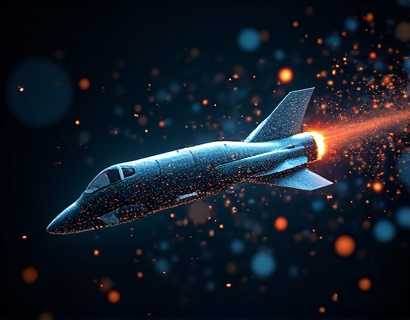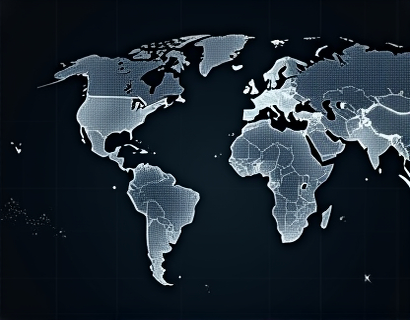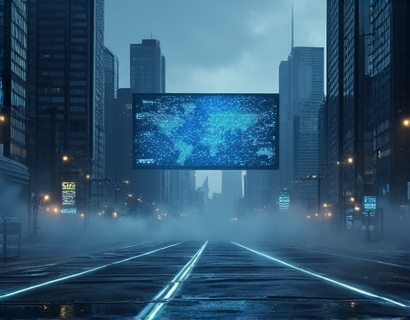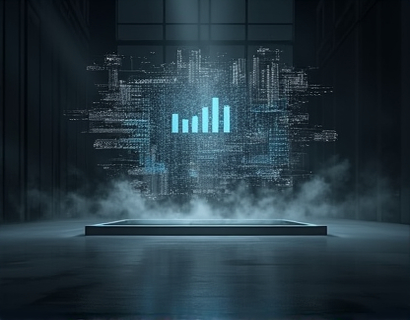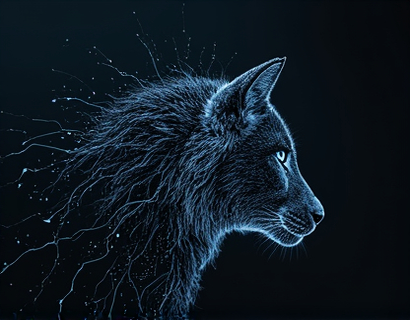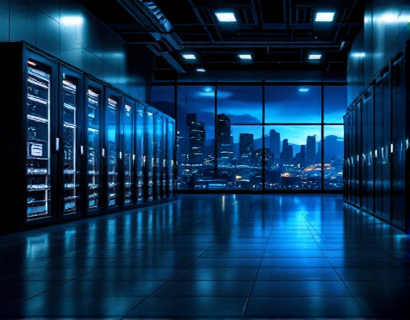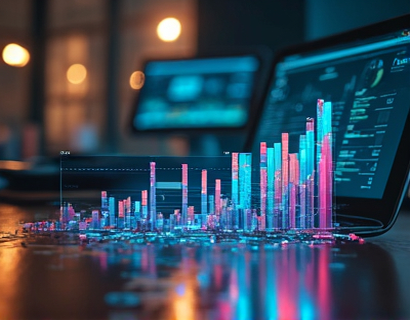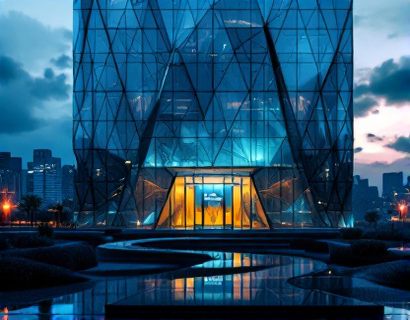AI-Powered Creativity Transformation: Revolutionizing Film, Music, and Gaming Production with Advanced Technology Solutions
The integration of Artificial Intelligence (AI) into the creative industries of film, music, and gaming is transforming the way professionals approach their work. This revolution is not just about automating repetitive tasks but about enhancing creativity, streamlining production processes, and optimizing project management to achieve unprecedented results. The adoption of AI technology is setting new industry standards, pushing the boundaries of what is possible, and redefining the role of creative professionals.
Enhancing Creativity in Film Production
In the film industry, AI is revolutionizing the creative process from scriptwriting to visual effects. AI algorithms can analyze vast amounts of data to suggest plot developments, character arcs, and even dialogue, providing writers with new insights and inspiration. For instance, AI can generate multiple script versions based on successful patterns from previous hits, helping writers refine their stories more efficiently. This not only saves time but also opens up new avenues for creativity.
Visual effects (VFX) are another area where AI is making significant strides. Traditional VFX workflows are time-consuming and require extensive manual effort. AI-powered tools can automate many of these tasks, such as object tracking, environment generation, and even facial recognition and animation. This allows VFX artists to focus more on the creative aspects of their work, leading to more intricate and realistic effects. For example, AI can quickly generate realistic backgrounds and environments, reducing the time and cost associated with physical set construction and location shooting.
Revolutionizing Music Production
The music industry is also experiencing a transformative shift with the advent of AI. Composers and producers can leverage AI to generate musical ideas, create unique soundscapes, and even compose entire tracks. AI algorithms can analyze vast music libraries to identify trends and patterns, suggesting new melodies, harmonies, and rhythms that might not have been considered otherwise. This not only accelerates the creative process but also introduces fresh perspectives and innovations.
AI-powered tools can assist in the production phase by automating tasks such as mixing and mastering. These tools can analyze the audio and apply optimal settings to enhance sound quality, ensuring a professional finish with minimal manual intervention. Additionally, AI can help in creating personalized music experiences, such as generating playlists based on individual listening habits or even composing music tailored to specific moods and activities.
Transforming Gaming Production
In the gaming industry, AI is playing a crucial role in enhancing game design, NPC behavior, and procedural content generation. AI algorithms can analyze player behavior and adapt game difficulty in real-time, providing a more engaging and challenging experience. This dynamic adjustment ensures that the game remains exciting and suitable for players of all skill levels.
Procedural content generation is another area where AI shines. AI can create vast, detailed worlds with unique landscapes, buildings, and objects, reducing the workload on designers and allowing for more expansive and varied game environments. NPCs (non-player characters) can be given AI-driven behaviors, making them more lifelike and interactive, which enhances the immersion and realism of the gaming experience.
Optimizing Production and Project Management
The integration of AI extends beyond creative processes to optimize production and project management. AI-driven project management tools can streamline workflows, predict potential bottlenecks, and allocate resources more efficiently. These tools can analyze historical data to forecast project timelines and budgets, helping producers make informed decisions and stay on track.
AI can also facilitate better collaboration among team members by providing real-time feedback and suggestions. For example, AI-powered chatbots can assist in communication, answer common questions, and even mediate conflicts, ensuring a smoother workflow. This not only saves time but also fosters a more cohesive and productive work environment.
Setting New Industry Standards
The adoption of AI technology is not just about improving efficiency; it is about setting new industry standards. As more professionals in film, music, and gaming embrace AI, the quality and innovation of their work are bound to rise. AI-driven tools are pushing the boundaries of what is possible, encouraging creators to explore new ideas and techniques that were previously unimaginable.
The use of AI in these industries is also democratizing creativity. Smaller studios and independent creators can now access tools that were once only available to major productions, leveling the playing field and fostering a more diverse and vibrant creative landscape. This democratization is leading to a surge in innovative content that resonates with a broader audience.
Challenges and Considerations
While the benefits of AI in creative industries are undeniable, there are challenges and considerations that need to be addressed. One major concern is the potential loss of jobs due to automation. However, AI is more likely to augment human creativity rather than replace it. Creative professionals will need to adapt by acquiring new skills and embracing AI as a collaborative tool rather than a competitor.
Another consideration is the ethical use of AI. Ensuring that AI-generated content respects copyrights, avoids bias, and maintains artistic integrity is crucial. Industry stakeholders must establish guidelines and best practices to navigate these ethical challenges responsibly.
Conclusion
The integration of AI into film, music, and gaming production is revolutionizing the creative process, optimizing production, and setting new industry standards. By enhancing creativity, streamlining workflows, and fostering collaboration, AI is empowering professionals to achieve exceptional results. As the technology continues to evolve, the potential for innovation and growth in these industries is limitless. Embracing AI is not just an option but a necessity for staying competitive and relevant in the modern creative landscape.



